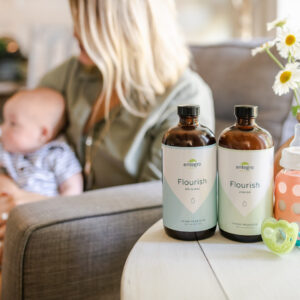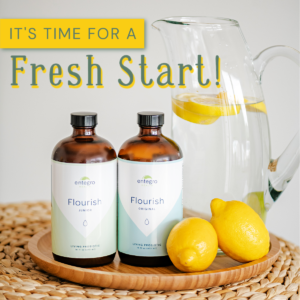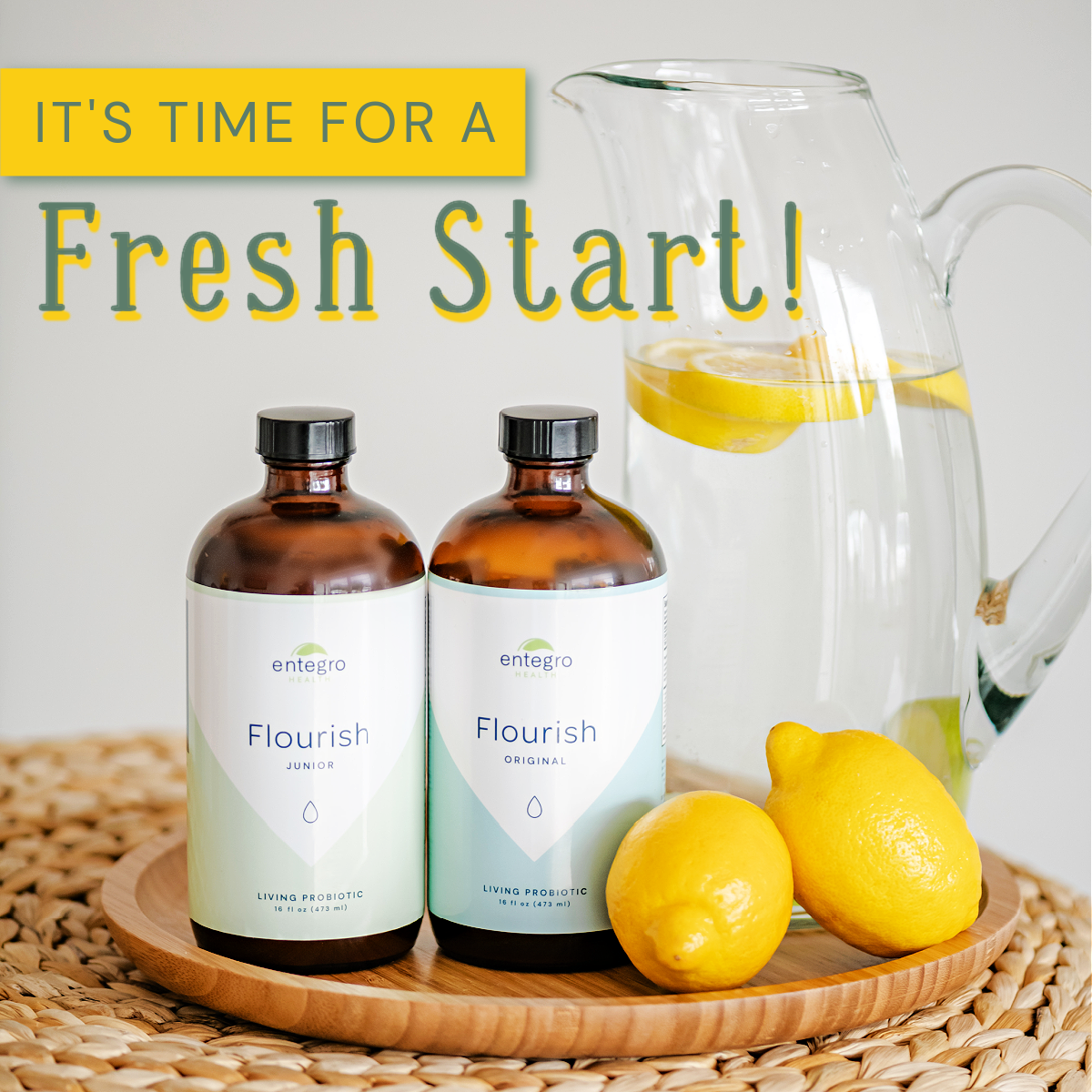Probiotics and Breastfeeding
New mothers undoubtedly dedicate themselves to providing the best care and nourishment for their little bundles of joy. While breastfeeding is already a remarkable way to offer optimal nutrition to a newborn, the power of supplementing probiotics and breastfeeding can take the benefits of breastfeeding to a whole new level!
Breastfeeding and the Microbiome
Did you know that maternal breast milk can promote colonization and maturation of the baby’s gut microbiome? Breast milk is naturally dominated by several genera of microbiota. Specifically, Bifidobacterium and Lactobacillus species show in cultures to transfer to the newborn gut from breast milk.
Prebiotics in Breast Milk
Maternal breast milk also contains important prebiotics! These prebiotics are called human milk oligosaccharides (HMOs), which are sugar molecules that promote the growth of specific beneficial microbial communities, including Bifidobacterium species. Bifidobacteria are important for preventing the growth of pathogenic organisms and for promoting immunological and inflammatory responses.
Why Take Probiotics While Breastfeeding?
We know how valuable breast milk is for a newborn’s microbiome, but what about mom’s microbiome? The importance of a mother’s healthy microbiome is crucial too! Research continues to show that a mother’s microbiome has a direct correlation to the diversity in her baby’s gut.
It is important to note that when a mother supplements with probiotics, this does not mean those probiotics make it to her breast milk directly. However, a quality probiotic can work by improving the mother’s health. When mom is healthy with a healthy microbiome, this can make her breast milk composition healthier for her baby!
Mastitis Aid
Mastitis is a medical condition characterized by inflammation of the breast tissue, usually occurring in lactating or breastfeeding women. The cause is often a bacterial infection, typically from the skin’s surface or the baby’s mouth, then entering the breast through a cracked or sore nipple.
Sadly, mastitis affects roughly 20% of women and often leads them to quit breastfeeding. Fortunately, promising studies show that supplementing with probiotics may actually help in the treatment and prevention of mastitis although more research is needed. Of course, always consult with your healthcare provider for proper treatment of this condition.
Potential Eczema Prevention
Probiotic supplementation has shown great potential in the prevention and treatment of eczema. Even more, research shows that there is a potential connection between mothers who supplement with probiotics while breastfeeding and protection from eczema in their child’s first two years of life.
Colic Babies
Studies show that maternal consumption of probiotics may even help reduce crying time in babies experiencing colic. The exact cause of colic is not well understood, but it is thought to be related to gastrointestinal discomfort and immature digestive systems. It is important to note that while some studies suggest a potential benefit of probiotics in reducing colic symptoms, results have been mixed and more research is needed.
C-section Births
One of the most important things a mother can do after having a C-section is to breastfeed her newborn. Mothers often receive a course of antibiotics when having a C-section, which alters the composition of the mother’s microbiome as well as the baby’s microbiome. Taking a quality probiotic after cesarean section shows to offer potential benefits for post-operative recovery and overall health.
Find a Quality Probiotic You Can Trust!
Especially after giving birth, safety in what you’re putting into your body is imperative. Flourish probiotics are a natural, safe, and effective product you can trust. Each batch of Flourish is always sent to a third party for testing. This step confirms the ingredients are free of peanuts, tree nuts, dairy, eggs, soy, gluten, shellfish, carrageenan, glyphosate, artificial colors, GMOs, and artificial sweeteners.

Third-party testing also confirms the presence of a minimum 8 billion CFUs (Colony Forming Units) per tablespoon dose, as well as the absence of harmful bacteria.
Each bottle of Flourish contains a wide range of living bacteria. It is delivered fresh in its natural liquid form and never freeze-dried into capsules. Flourish retains all the nutrients, beneficial metabolites, short-chain fatty acids, bioactive peptides, amino acids, enzymes, and minerals. All of these traits help Flourish probiotics make their way through the stomach to your colon so they can get to work!
The content in this post is not a substitute for professional medical advice, diagnosis, or treatment. Always seek the advice of your physician or other qualified health providers with any questions you may have regarding a medical condition.
Written by Kelsy Armstrong, Entegro Health
Sources:
https://www.ncbi.nlm.nih.gov/pmc/articles/PMC8067242/
Can Breastfeeding Women Take Probiotics? (verywellfamily.com)

 New customers! Get 11% OFF your first Flourish order with Code FRESHSTART11
New customers! Get 11% OFF your first Flourish order with Code FRESHSTART11